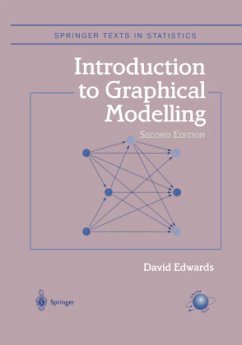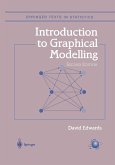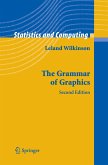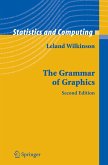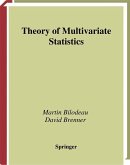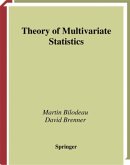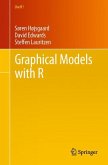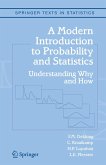Graphic modelling is a form of multivariate analysis that uses graphs to represent models. These graphs display the structure of dependencies, both associational and causal, between the variables in the model. This textbook provides an introduction to graphical modelling with emphasis on applications and practicalities rather than on a formal development. It is based on the popular software package for graphical modelling, MIM, a freeware version of which can be downloaded from the Internet. Following an introductory chapter which sets the scene and describes some of the basic ideas of graphical modelling, subsequent chapters describe particular families of models, including log-linear models, Gaussian models, and models for mixed discrete and continuous variables. Further chapters cover hypothesis testing and model selection. Chapters 7 and 8 are new to the second edition. Chapter 7 describes the use of directed graphs, chain graphs, and other graphs. Chapter 8 summarizes some recent work on causal inference, relevant when graphical models are given a causal interpretation. This book will provide a useful introduction to this topic for students and researchers.
From the reviews: JOURNAL OF THE AMERICAN STATISTICAL ASSOCIATION "This is a valuable book that should increase in value over time. It seems clear that in the future, statisticians will need to deal with larger, more complicated collections of data...Any statistician who is planning to tackle the changing nature of data collection in the 21st Century should know about graphical models. This book provides a great place to begin learning about them." SIAM REVIEW "...this is an important book for all concerned with the statistical analysis of multivariate data such as arise particularly, but not only, in observational studies in the medical and social sciences. In a broader context it gives a thoughtful introduction to an active topic of current research." TECHNOMETRICS "This book's strength is its accessibility. Numerous illustrations and example datasets are well integrated with the text...The examples are well chosen; I was particularly pleased that the author clearly treated datasets as interesting in their own right, not simply as a foil for demonstrating techniques...Edwards presents a clear, engaging introduction to graphical modeling that is very suitable as a first text and should stimulate readers to explore and use this methodology for their own data."

